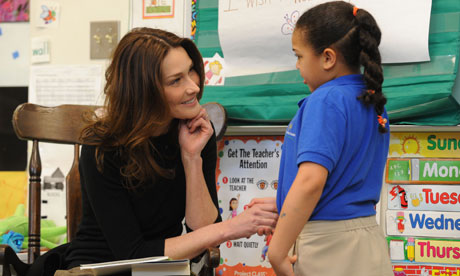
A friend of mine vividly recalls, during her last week at university, asking her favourite tutor what advice she'd give her younger self. The tutor had been a pioneering feminist historian, so my friend, not unreasonably, was expecting something sweeping and profound, born of decades of reflection. "Use moisturiser every day," was the answer she got. "And don't forget your neck." True, it wasn't particularly inspirational advice. But anyone can do inspirational advice. It's actionable advice that's truly rare.
There's a hefty sub-genre of self-help built around the question of what advice people would dispense if they could travel in time and meet themselves when younger: books such as What I Know Now: Letters To My Younger Self, and What I Wish I Knew When I Was 20, along with hundreds of online discussions in which older and wiser heads – some of them, admittedly, apparently only about 22 themselves – pass on the lessons of bitter experience. Some are amusingly specific ("Don't lose your virginity to Bryan") but the overwhelming majority is of the inspirational-but-empty variety: choose work you love; have more confidence in your abilities; stop worrying about insignificant stuff. A rare exception to the ruling blandness comes from the blogger Colin Marshall, who distils several such lists to their most pungent counsel. One genuinely valuable example: "Surround yourself with friends who don't care if you don't talk to them for three weeks at a stretch, but make sure you do talk to them more often than that."
Even that insight, though, can't escape two fundamental flaws of "what I wish I'd known" advice. The obvious one is that the lessons of experience can be gained only via experience; you have to live to be 40 or 60 or 80, making mistakes all the way, instead of demanding short cuts from a book. A subtler problem is that the dispensers of such wisdom are usually recommending a path they didn't take, so can't really know they'd have preferred it. ("Travel more," some old-timers advise twentysomethings, because they regret not doing so. But since they didn't do so, what's their evidence?) Earlier this year, the American author Lori Gottlieb published Marry Him, urging younger women not to let their fear of "settling" stop them settling down. She wished she'd married earlier. But how can she know that wouldn't have made her unhappier still?
The essential issue here is how we think about what Mark Freeman, in his book Hindsight: The Promise And Peril Of Looking Backward, usefully terms "the hindsight lag" – the annoyingly ubiquitous way that we can't judge the wisdom or foolishness of taking (or not taking) some action until looking back later. Though the lag can't be avoided, he argues, it can be reduced. The catch is that it can't be reduced by seeking more information, which is what the consumers of "what I wish I'd known" advice are after: some previously overlooked tip to help them avoid their predecessors' mistakes. Instead, we need perspective – to view our own lives from the vantage point of the future. Don't ask other people how they wish they'd lived; rather, ask yourself how, when older, you'd want to look back on this part of your life. The implication here is that you already know, deep down, the right path to take. The irritatingly tricky part – as ever – is actually taking it.
oliver.burkeman@theguardian.com
twitter.com/oliverburkeman

